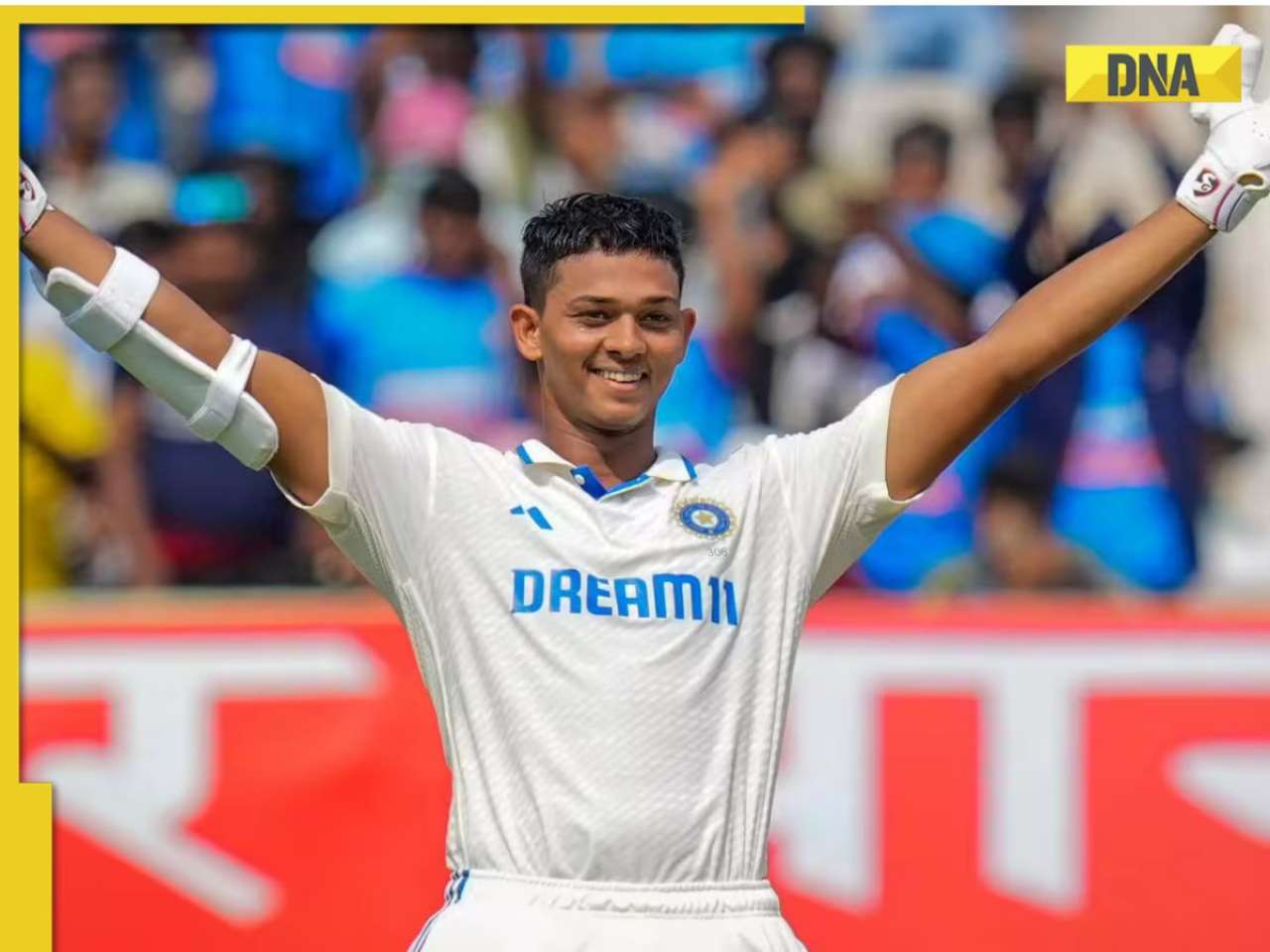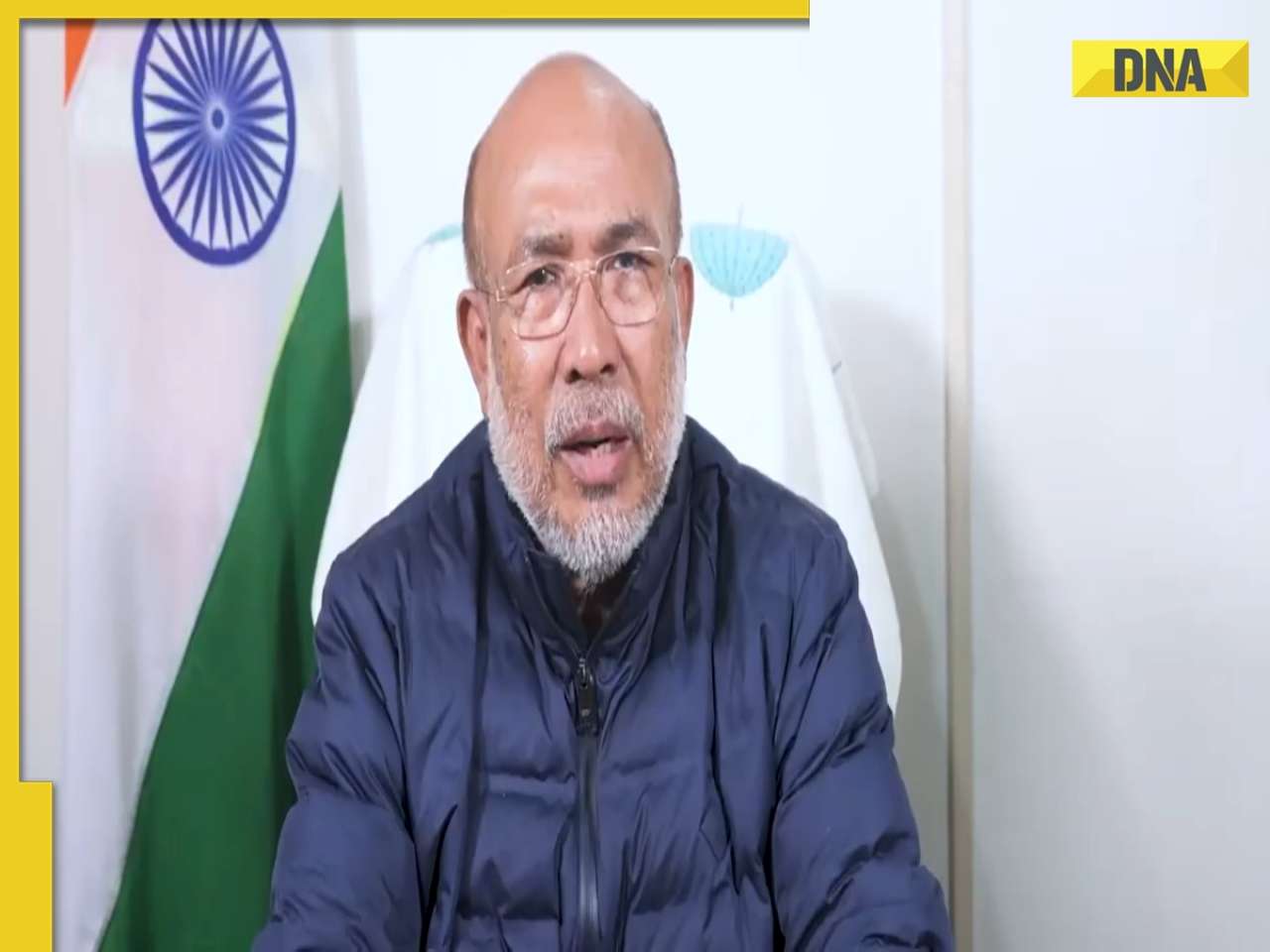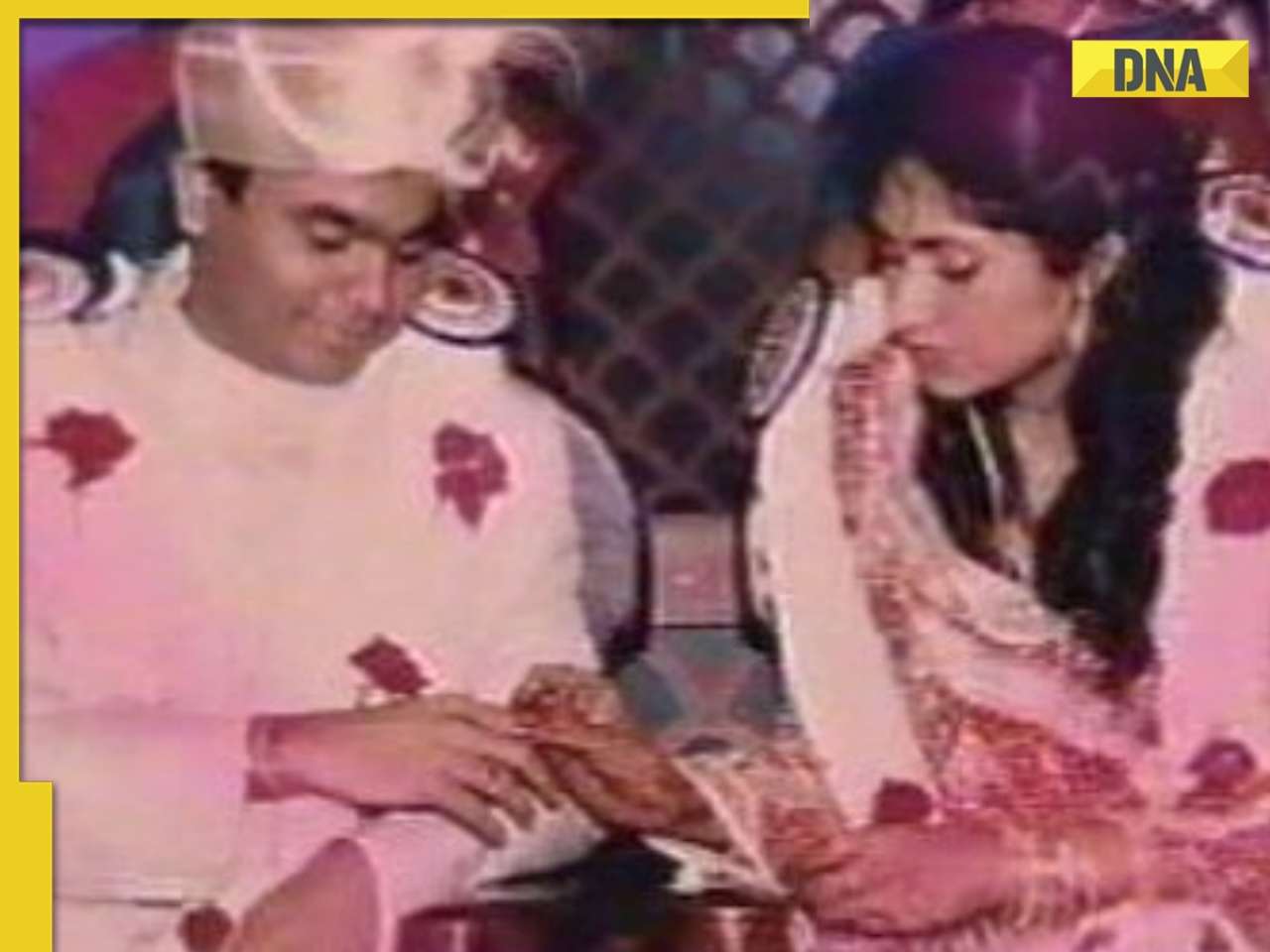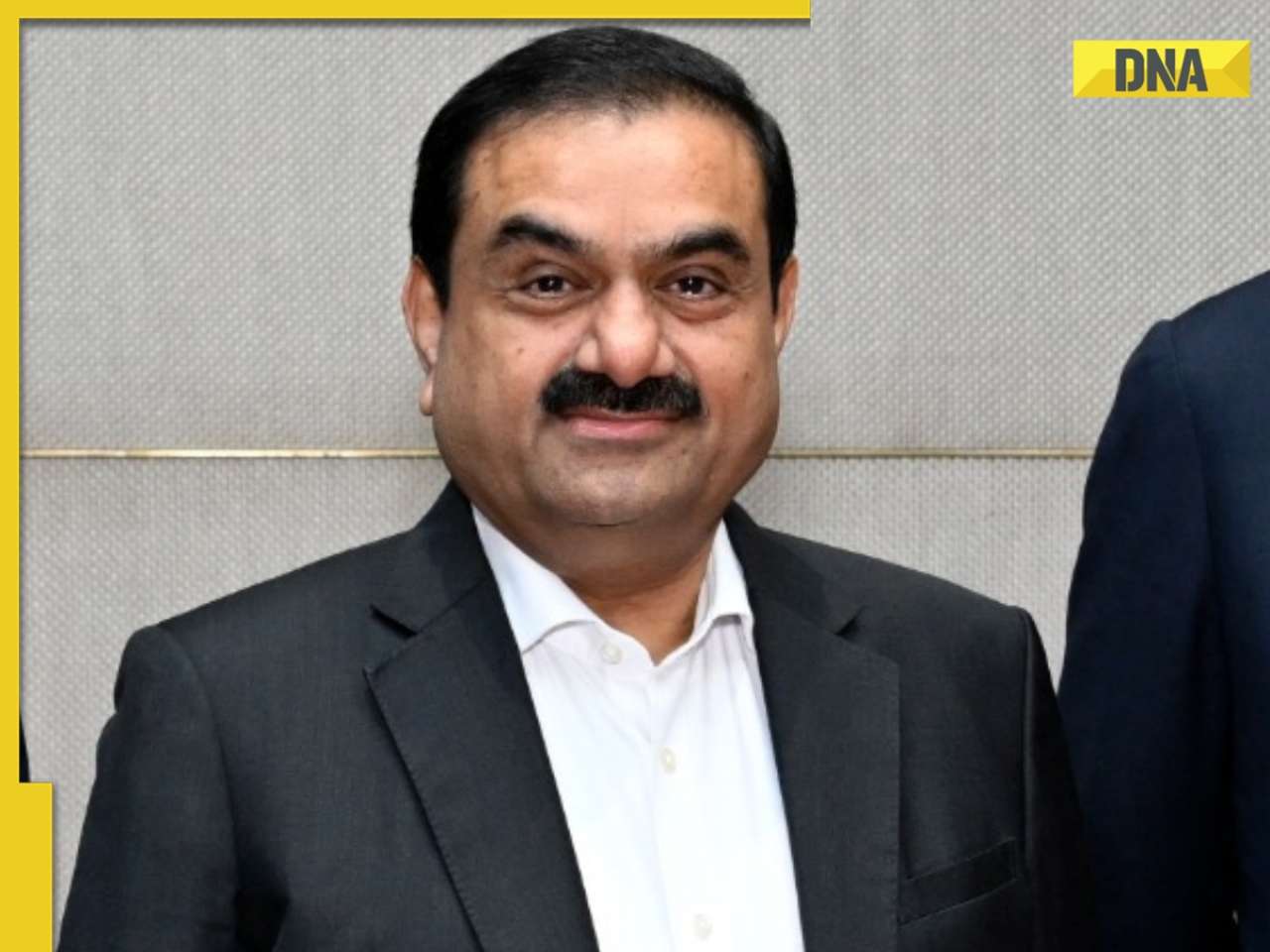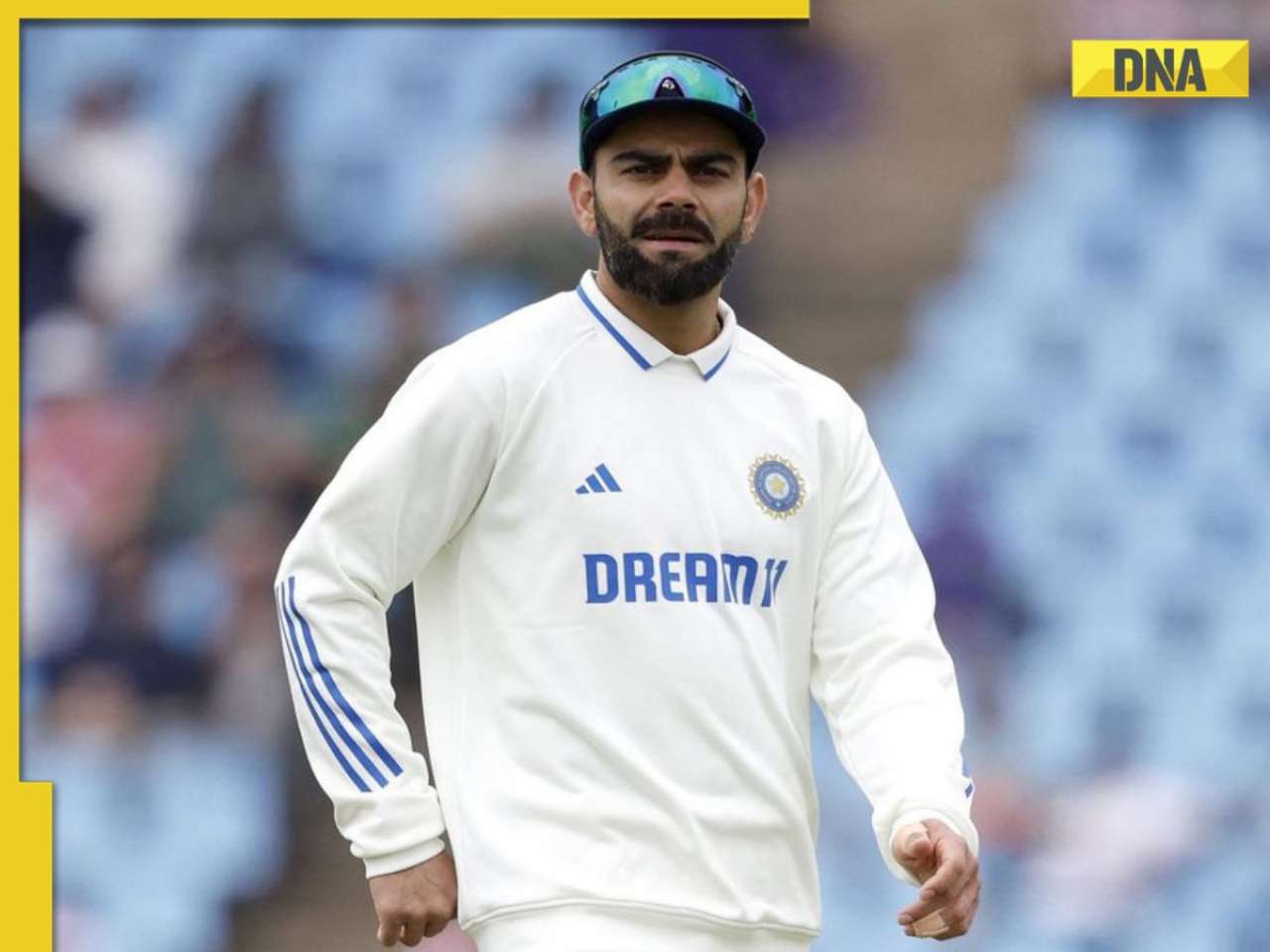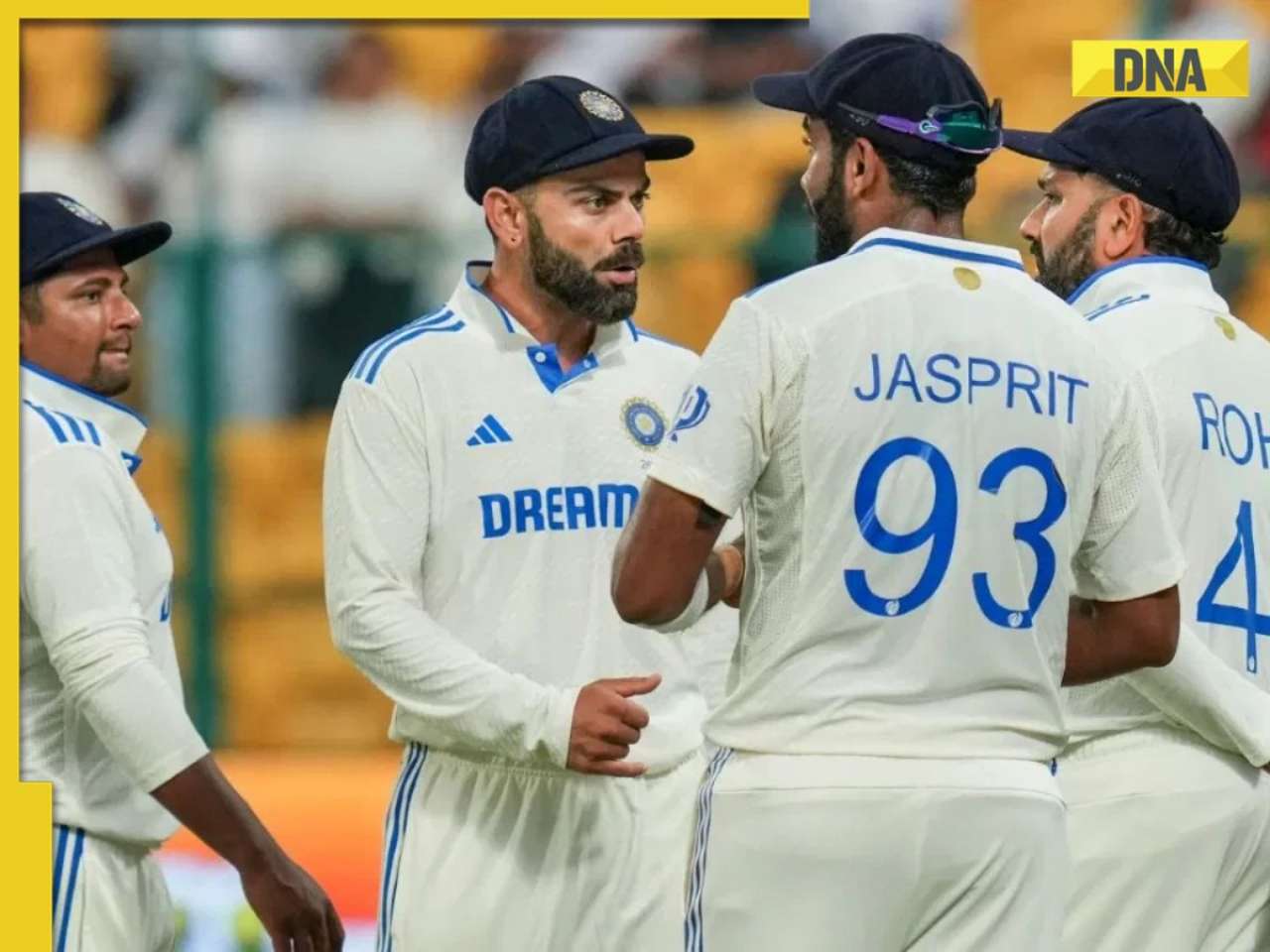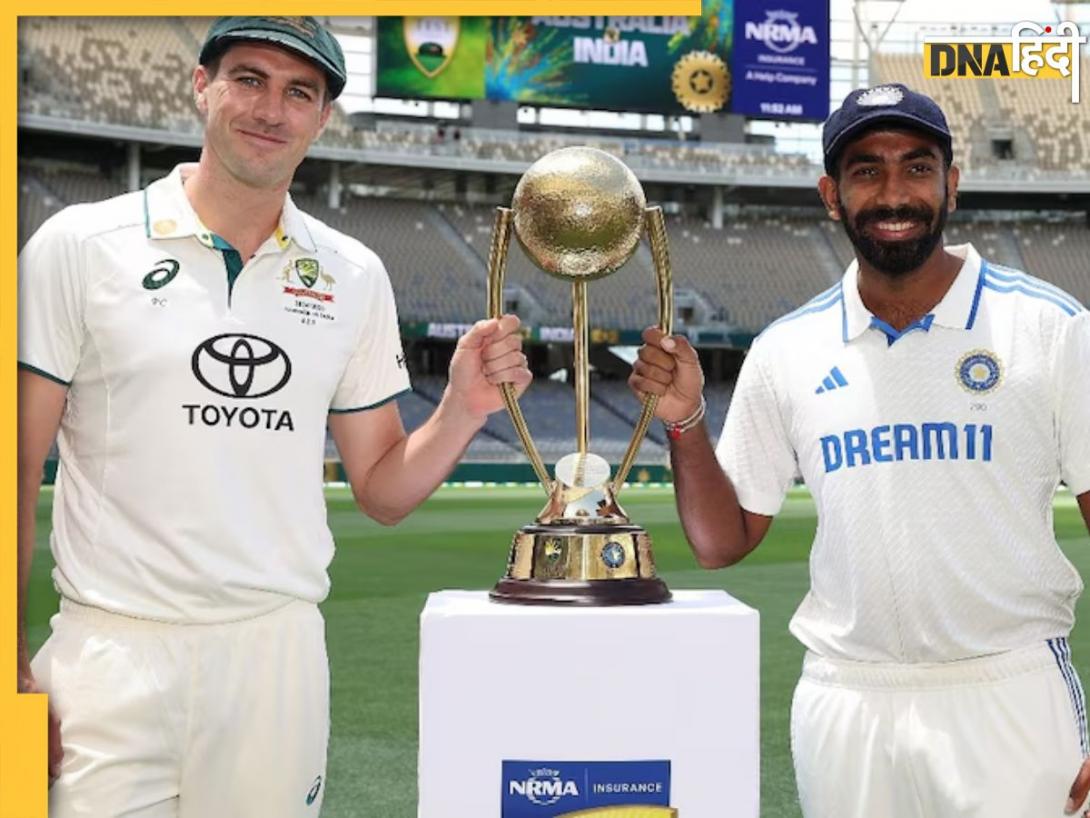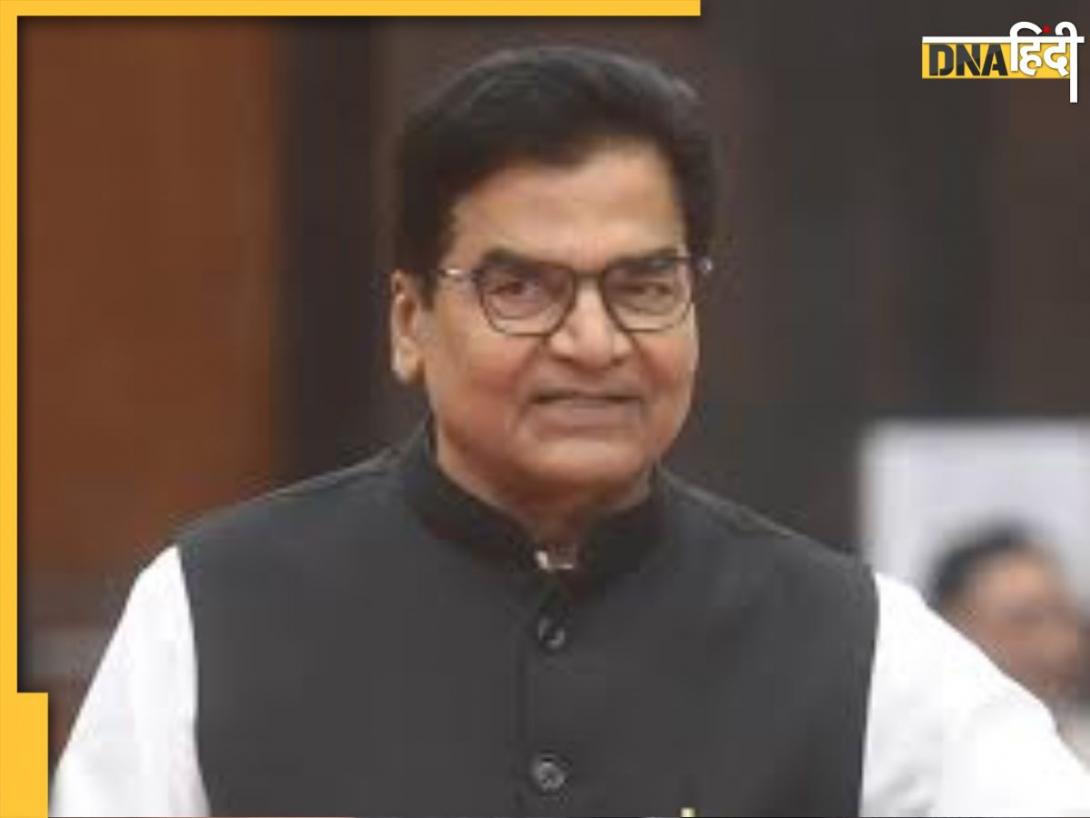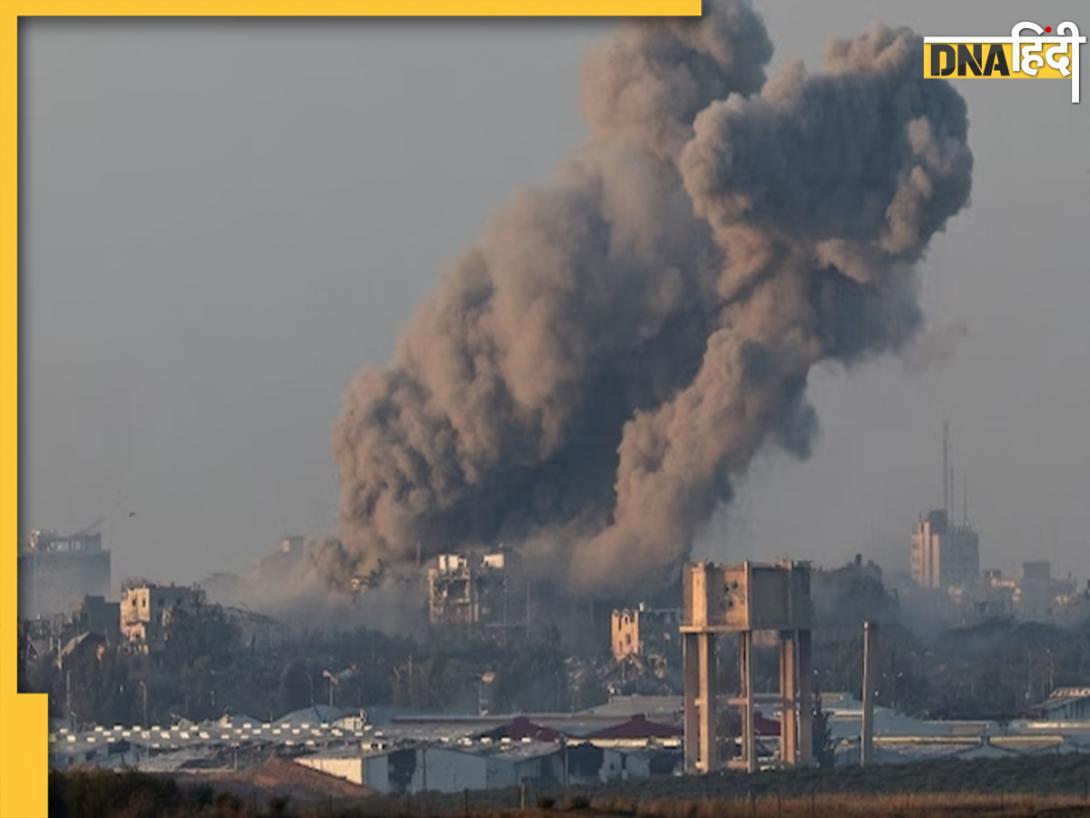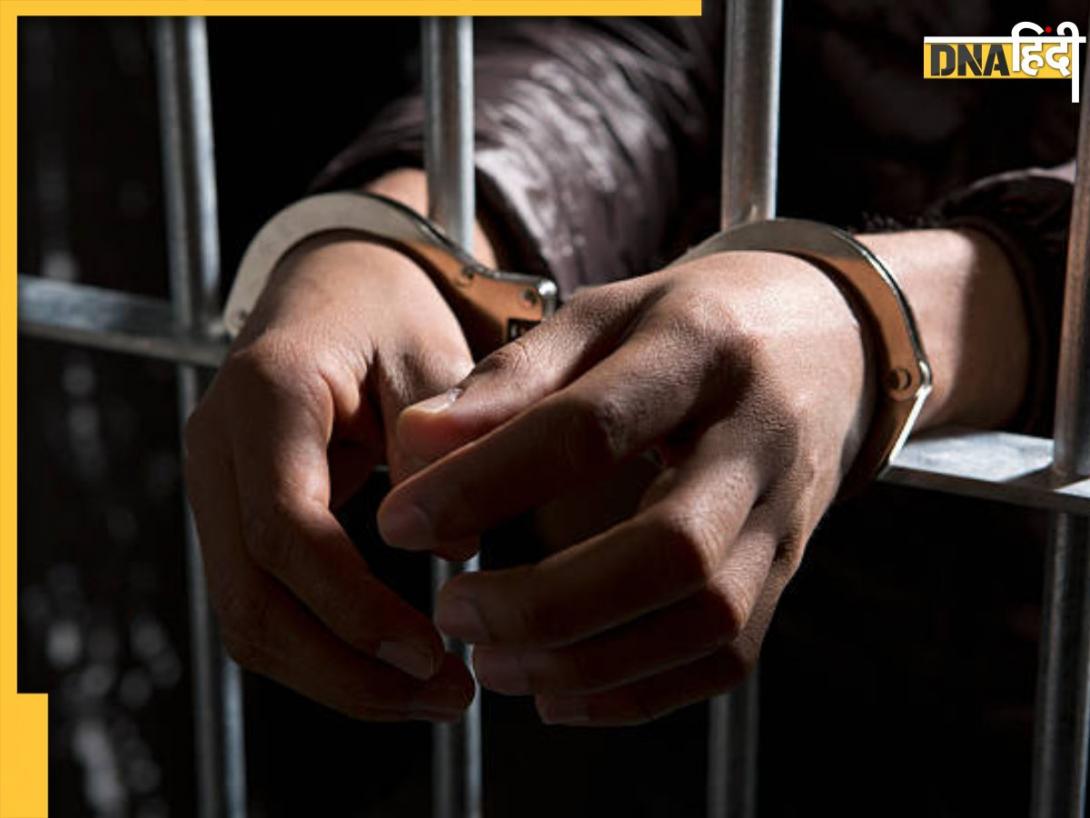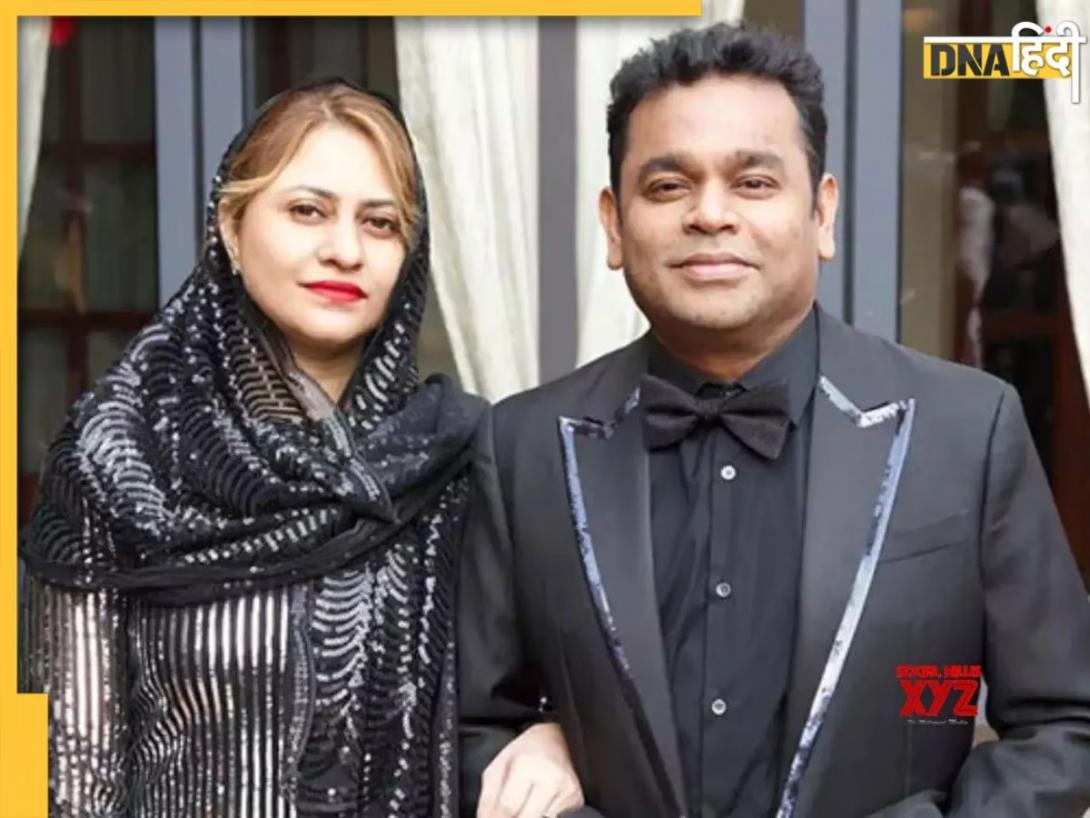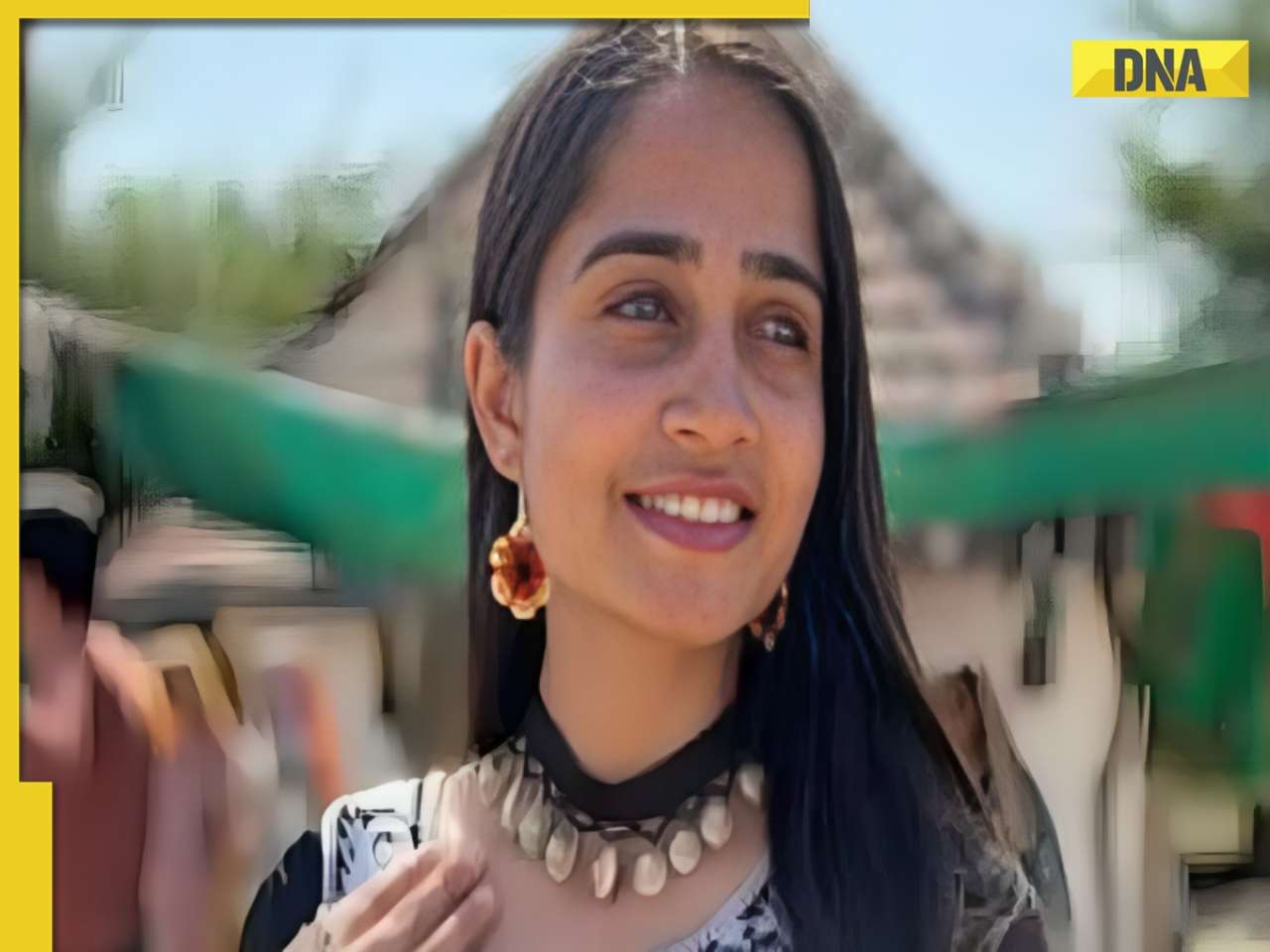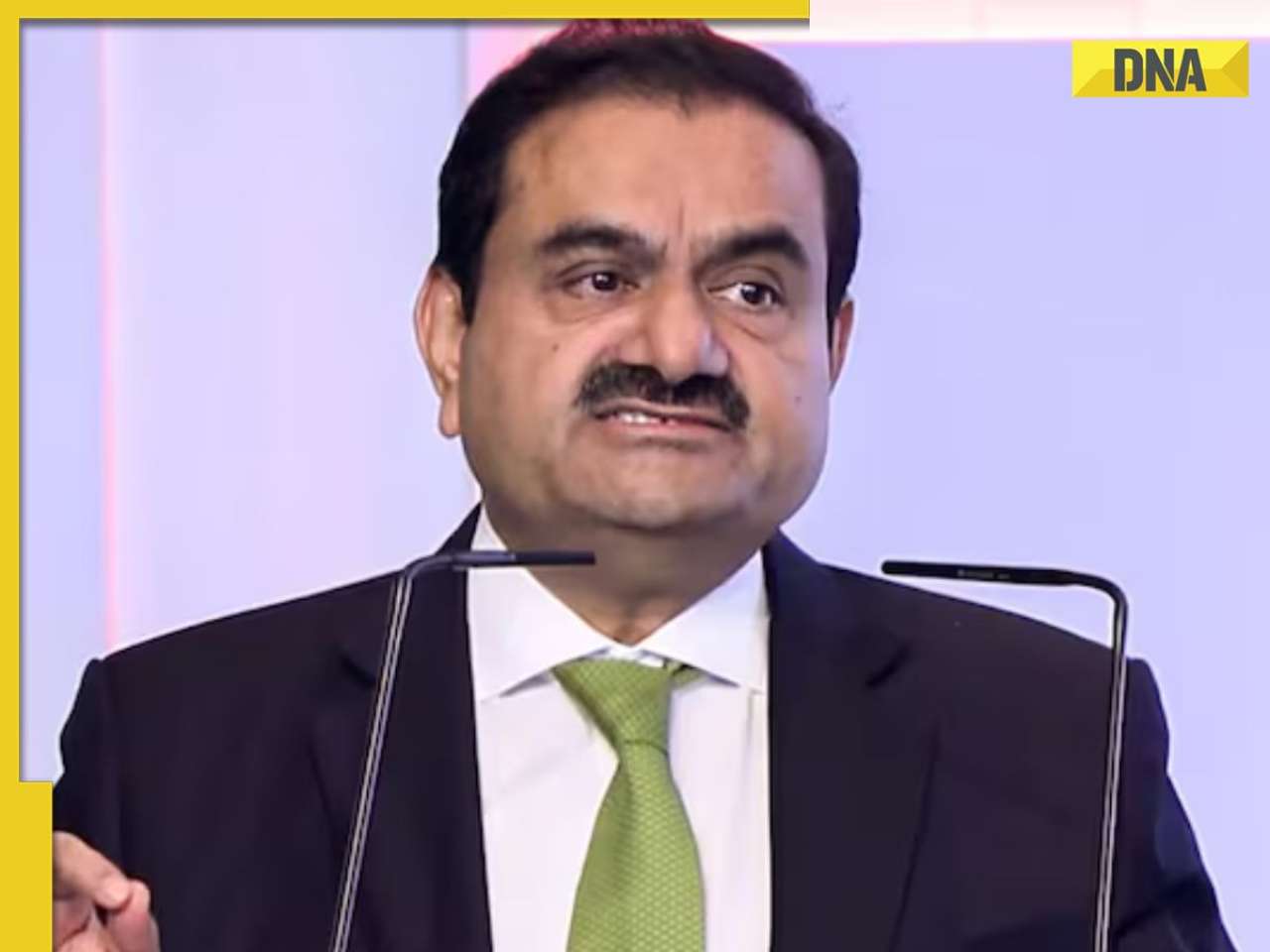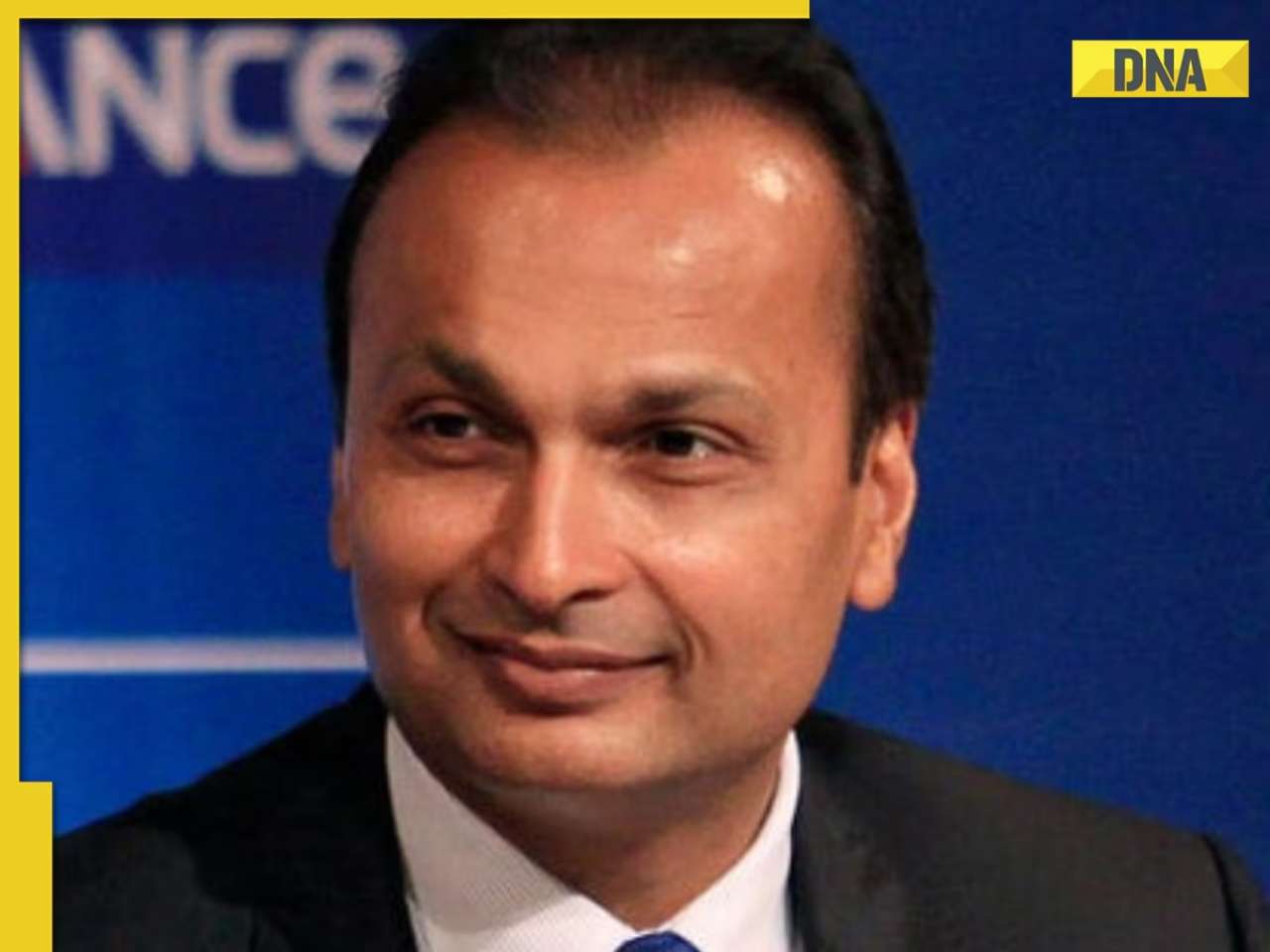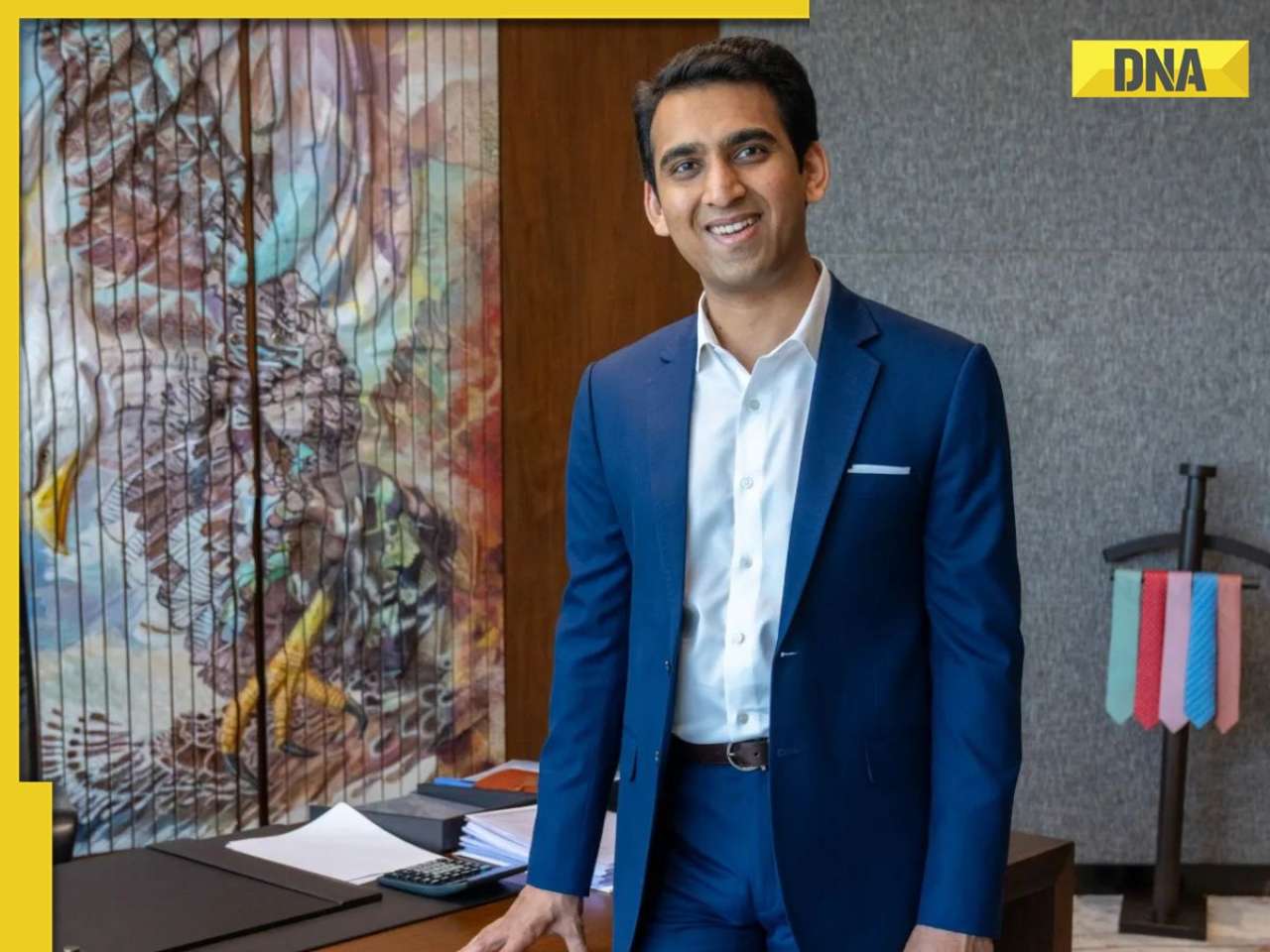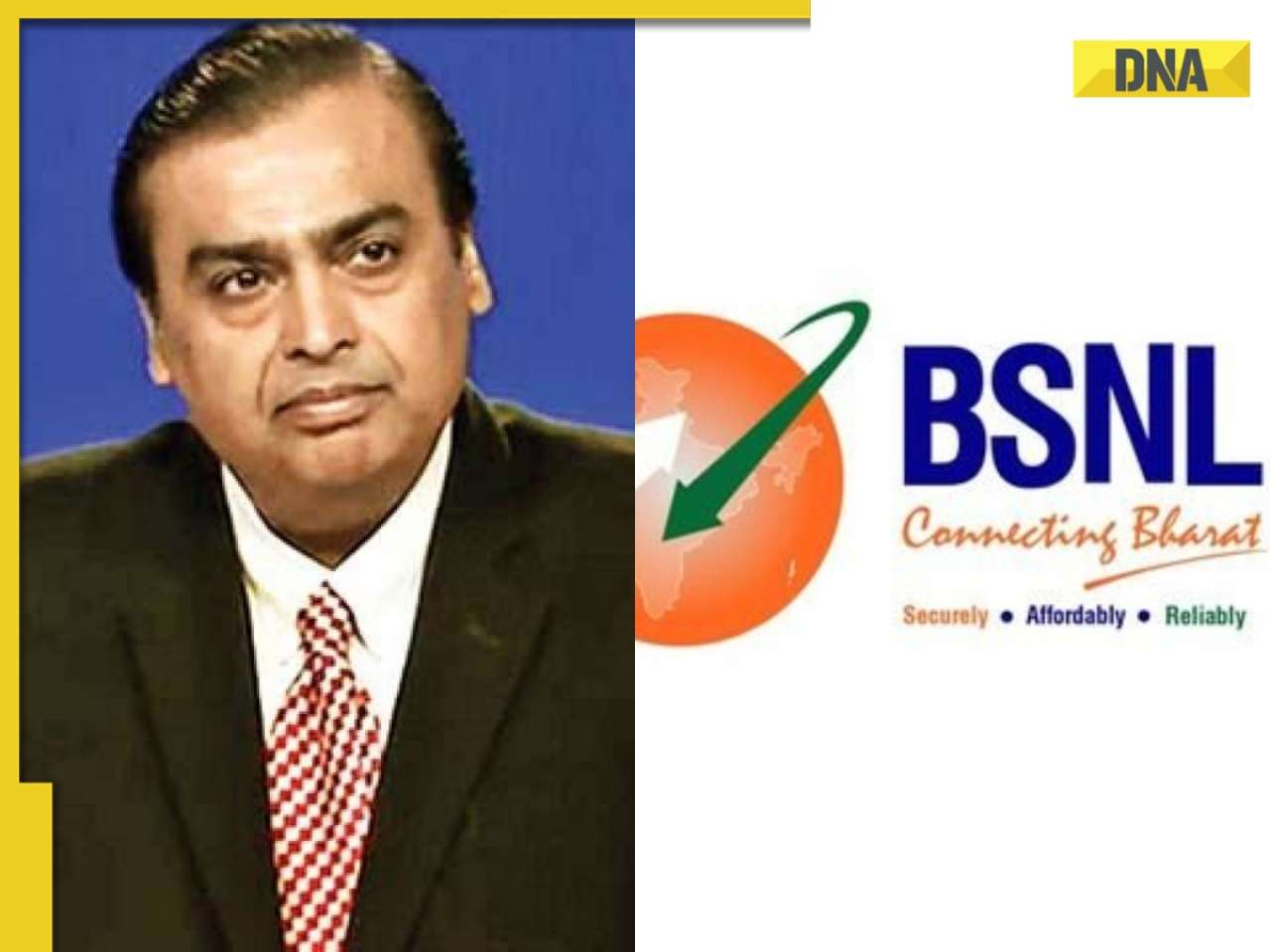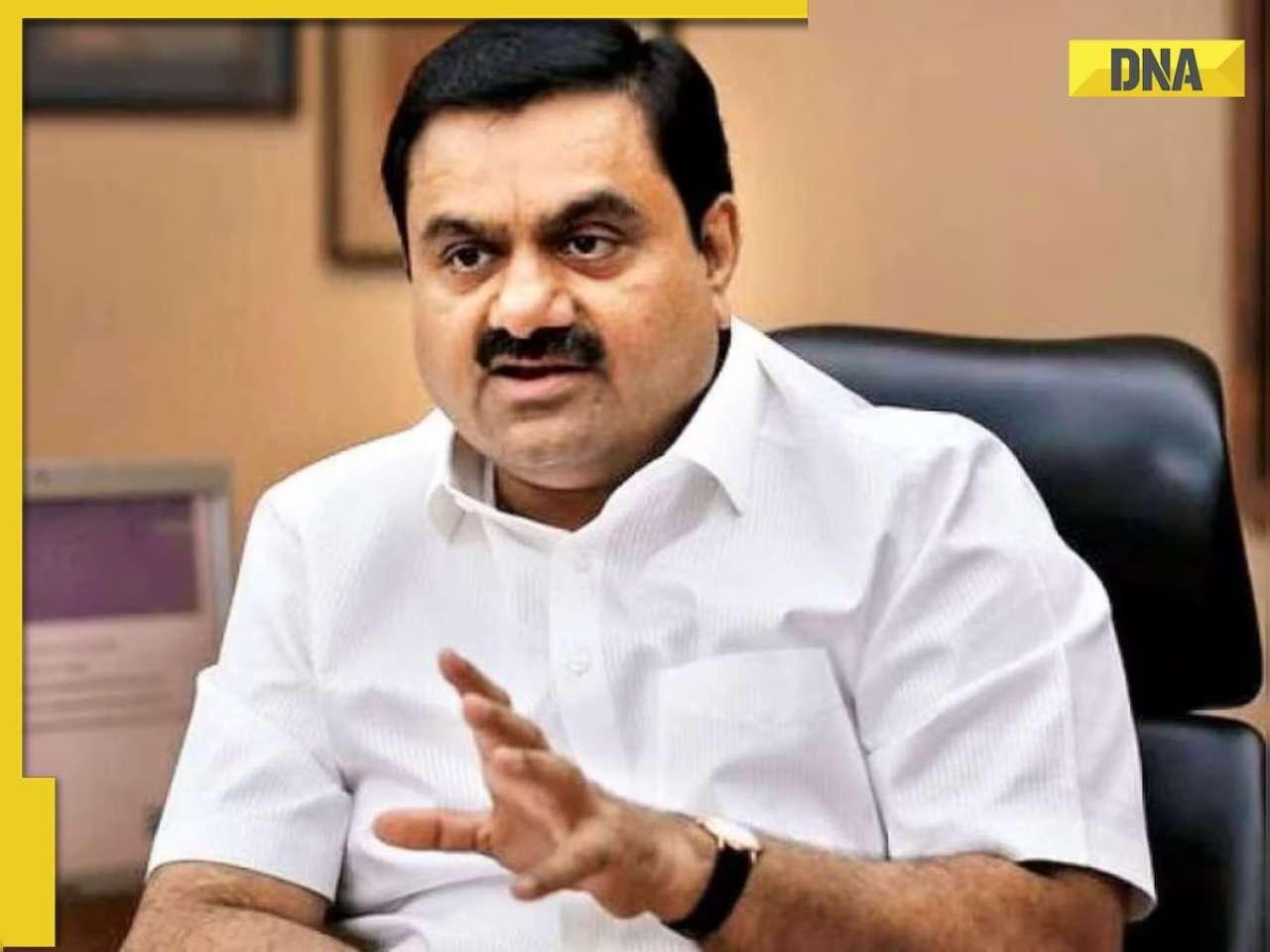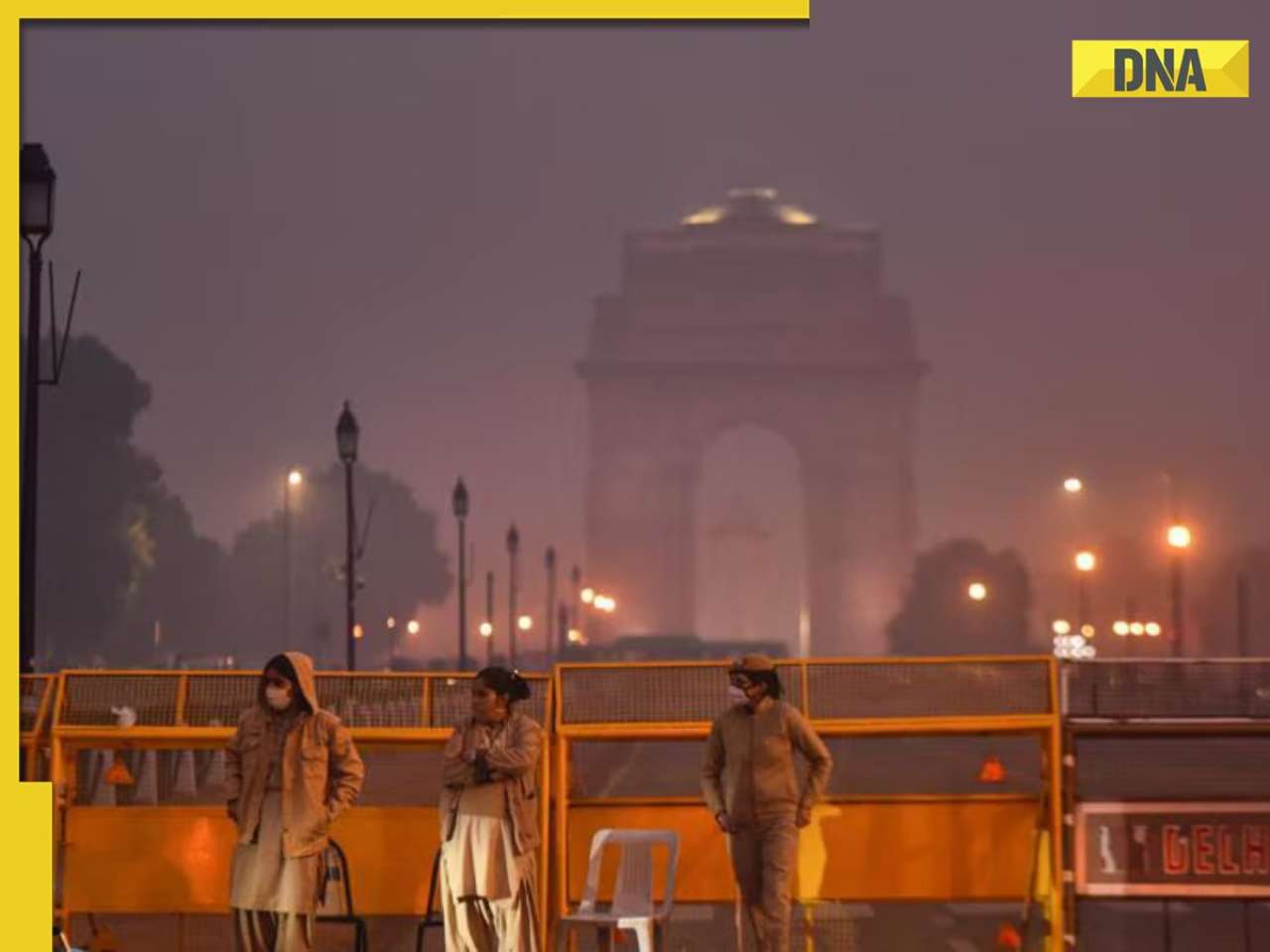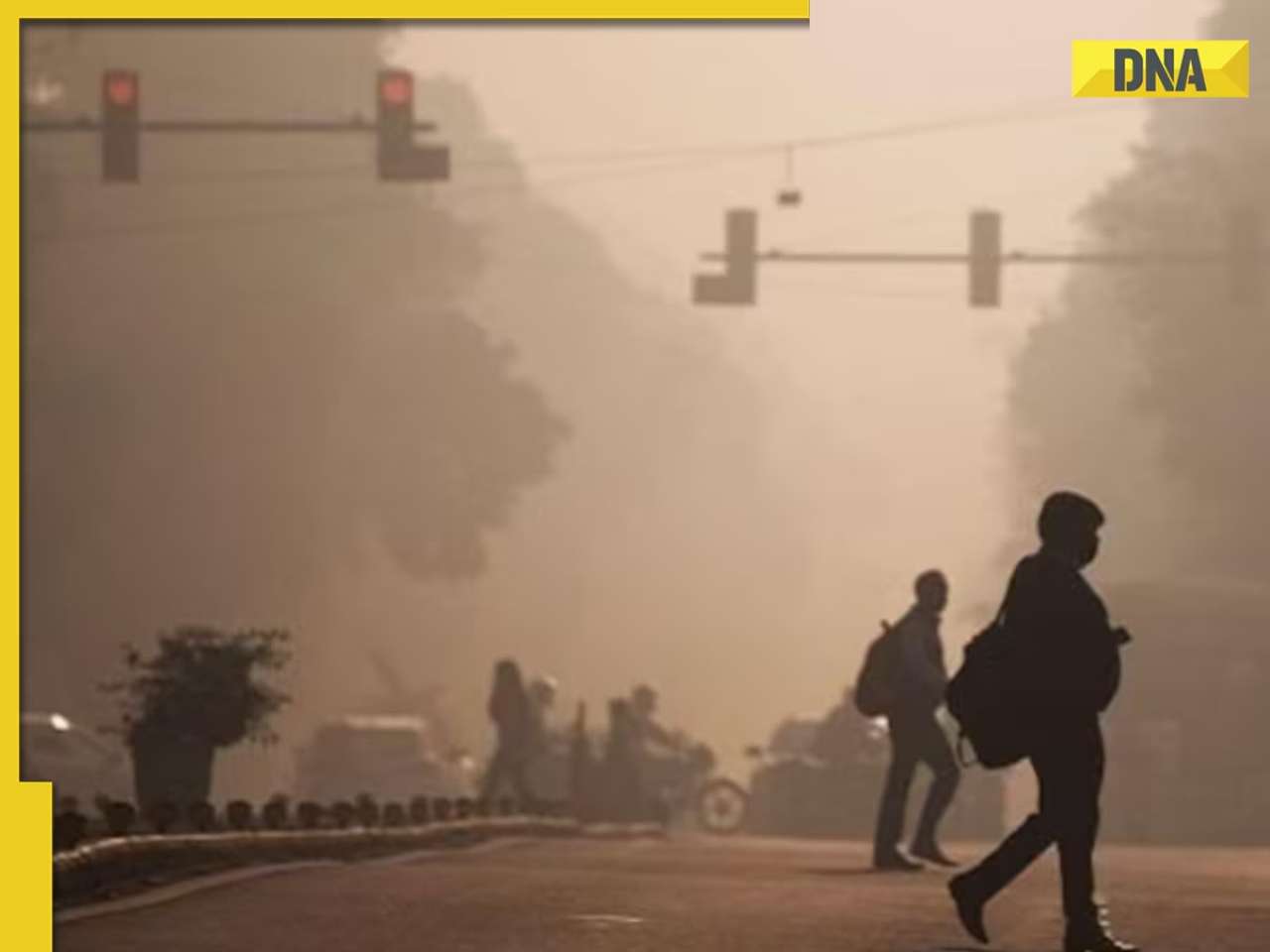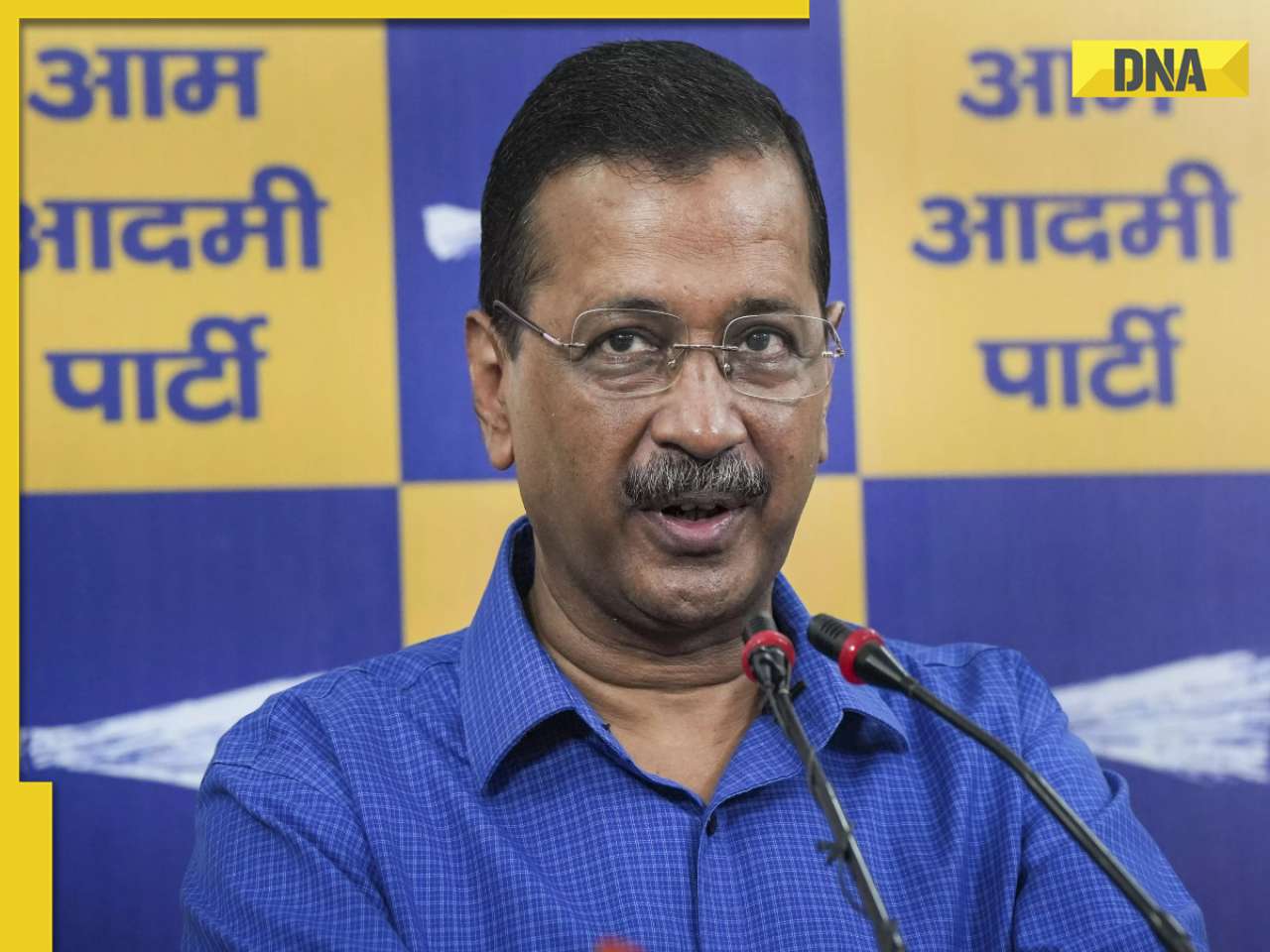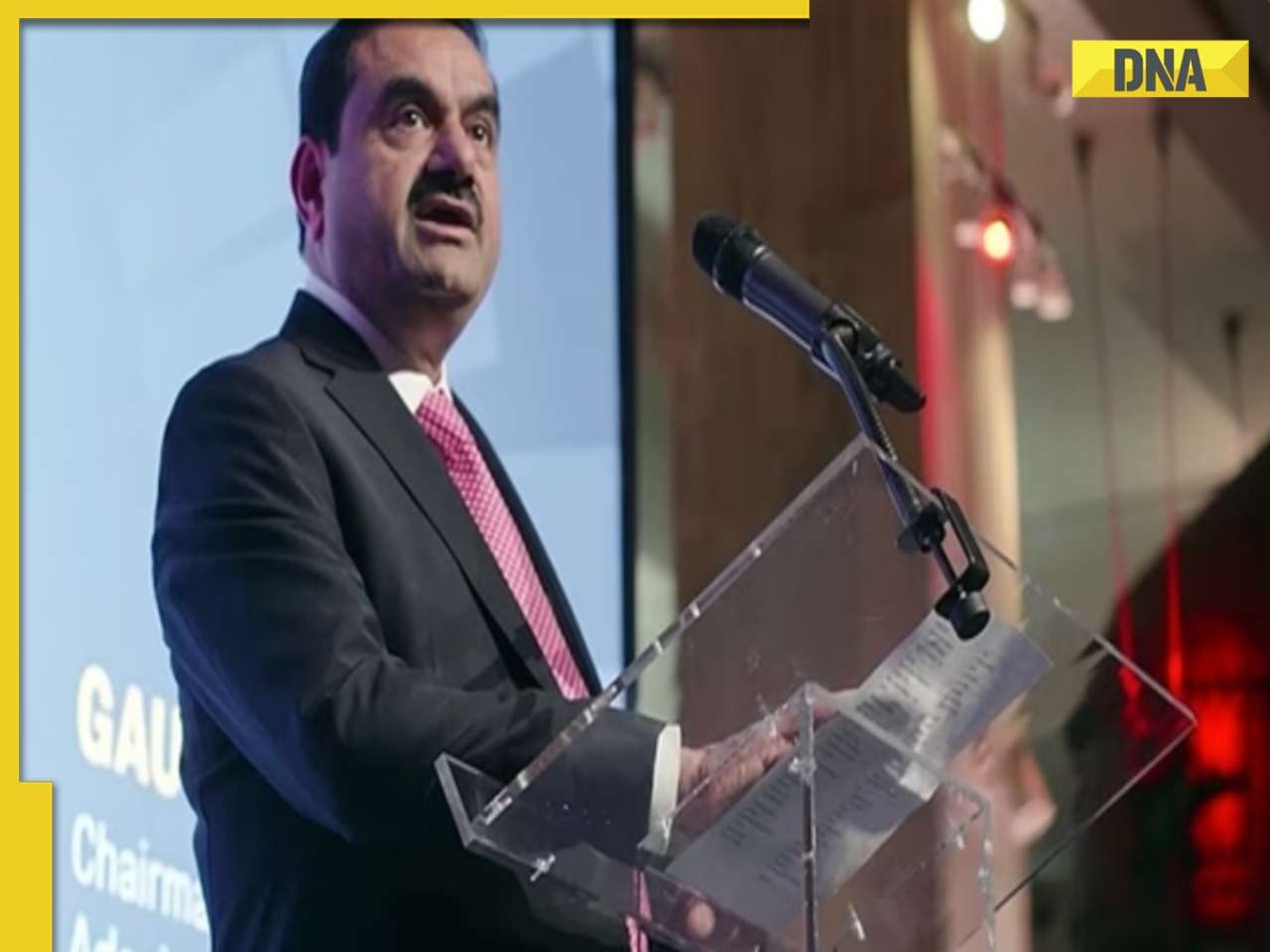- LATEST
- WEBSTORY
- TRENDING
ANALYSIS
West Bengal's tryst with Saradha scam
Modi's financial inclusiveness programme is the first step to checkmate ponzi schemes
TRENDING NOW
India’s biggest ponzi scam, named after Bengal’s most favourite Godmother, has triggered an Ebola-type scare in Kolkata.
The city’s hoi polloi, who normally discuss Durga idols, travel, dressing and dating around these times, are tracking news channels in their living rooms. No one knows who’s next on the list of Central Bureau of Investigation (CBI) whose officers — like Mutant Ninja Turtles — are emerging out of nowhere to conduct sudden raids and force arrests in a totally panic-stricken city.
In Delhi, top CBI officials are holding a chintan shivir to brief those investigating the Saradha scam in Kolkata, a politically sensitive case.
The CBI officers want to recover whatever they can of a Rs6,000 crore booty the Saradha Group collected from gullible investors through its ponzi savings scheme, a devious combination of financial illiteracy and political protection.
In West Bengal, 14 people have already committed suicide over the scam, including agents of Saradha. It is possible more investment firms will collapse, the West Bengal Association of Small Savings Development Officers has even warned of riots in the days to come.
The Securities and Exchange Board of India, or SEBI, says the scam has resulted in at least $5.5 billion in losses and affected 3.3 million people in West Bengal, making it one of the biggest financial fraud cases in India.
As per the national Serious Fraud Investigation Office, 53 companies are in default, the largest of which is the Saradha Group which promised returns as high as 100 per cent in three years in order to lure deposits from villagers of West Bengal, who lacked easy access to banks.
SEBI said several ponzi operators have confessed using the cash to acquire villas in Jordan and Dubai, invest in oil businesses in Qatar and acquire rights of diamond mines across Africa. But to trace the Rs6,000 crore Saradha raised from gullible investors is becoming a very tough exercise for the CBI officers.
Much of the cash, the officers reckon, has already been wired to Asian and European tax havens. Whatever was left went bust after highly inflated investments were made by the group’s CEO, Sudipta Sen, who wanted to be Bengal’s biggest shroff (money changer) and styled himself as the state’s new Jagat Seth, a powerful banker who lived in Murshidabad, Bengal, during the time of its ruler, Nawab Siraj-ud-Daulah in the early 18th century.
Sen, almost like Jagat Seth, would rarely show up in daytime and preferred all meetings in the night. He splurged cash as if there was no tomorrow, buying news channels, newspapers, magazines, hotels, resorts and football clubs. Obviously, he was the apple of Trinamool’s eye because of his big-buck donations.
In many places, Saradha agents employed wives of local police officers as representatives to prevent investors from raising an alarm against such dubious investment programs.
In cash-starved Bengal, Saradha’s growth was phenomenal. There was a time when many joked: “There is a bit of Saradha in everyone in Bengal”, the lines borrowed from the mid-90 SAIL ad (There is a bit of SAIL in everyone’s life). Sen, claim his former colleagues, loved to hear stories about himself.
But eventually, Saradha collapsed.
Sen is now in jail, so are his accomplices who include Debabrata “Nitu” Sarkar, a soccer official who called his club, East Bengal, the Real Madrid of India and often paid footballers in sacks of cash organised by Sen.
Interestingly, Sarkar’s cell in Alipore prison is next to that of Aftab Ansari, sentenced to death in the January 2002 terrorist attack on the American Centre in Kolkata in which five policemen were killed and around 20 injured.
On Sunday, August 30, Sarkar watched an East Bengal-Mohun Bagan match standing in a verandah which opened into Ansari’s cell that had a television.
CBI officers agree investments made by Saradha are lost cash but if the money Sen and his men sent abroad using hawala channels can be tracked, some cash could still return to India.
So who were the beneficiaries of Sen’s cash, investigators are asking. Their job has been made tough by TMC politicians in Bengal who have reportedly egged on their party workers and the local police to remove files with vital links from Saradha offices.
Before he escaped from Kolkata, Sen posted a letter to the CBI, saying two ministers from the governing TMC pressured him to pay them large sums in return for protection from government regulators. The CBI wants to probe many more people to get to the bottom of the Saradha case.
Those arrested have talked, those questioned have talked. The list is getting bigger by the day. There are some in Kolkata who, fearing arrests, have already sought refuge in five star hospitals while others are on a maddening spree to hire the country’s best lawyers.
Bengal sports minister, Madan Mitra, though not called by the CBI, first moved into a hospital for a week and then emerged to say he had nothing to hide. What he did not say that he was finding it difficult to answer the Trinamool top brass as to how his son got a Ferrari from Sen and whether he took cash from Sen to repair temples in his constituency, Bishnupur. Mitra also did not say whether he took cash from Sen to organise a soccer match involving Argentine superstar Lionel Messi.
But answers must come.
In Kolkata, veteran actress Aparna Sen must answer whether she actually spent some Rs3.5 crore to renovate her office and took a salary of over Rs800,000 when her last drawn salary was Rs200,000. Rathikanta Basu, former I&B secretary, must answer how he managed to sell his Tara channels to Saradha for a little over Rs65 crore when the market value was less than Rs15 crore. Manoranjana Gupta, a journalist turned entrepreneur, must answer whether the Assam channels she sold to Saradha were actually worth Rs40 crore. Sarkar must answer if he routinely took crores from Sen and used a portion of that cash to grease some palms in Delhi and Mumbai. And finally, Mitra, the sports minister — if questioned — must answer whether he was on Saradha's payroll and whether his son got the Ferarri for free from Bengal’s cash king.
Then, there are politicians and industrialists in Assam, Jharkhand and Orissa awaiting probe by the country’s premier investigating agency. They are all making news every day.
But there is something that is not making headlines: the pains of those who invested their life savings in Saradha, or worked in companies acquired by Saradha. Their cash is as good as lost, ostensibly because inquiries will take years to conclude.
By that time, another Saradha will emerge and collect cash, without getting the required permissions from SEBI.
The writer is the India Editor for Central European News


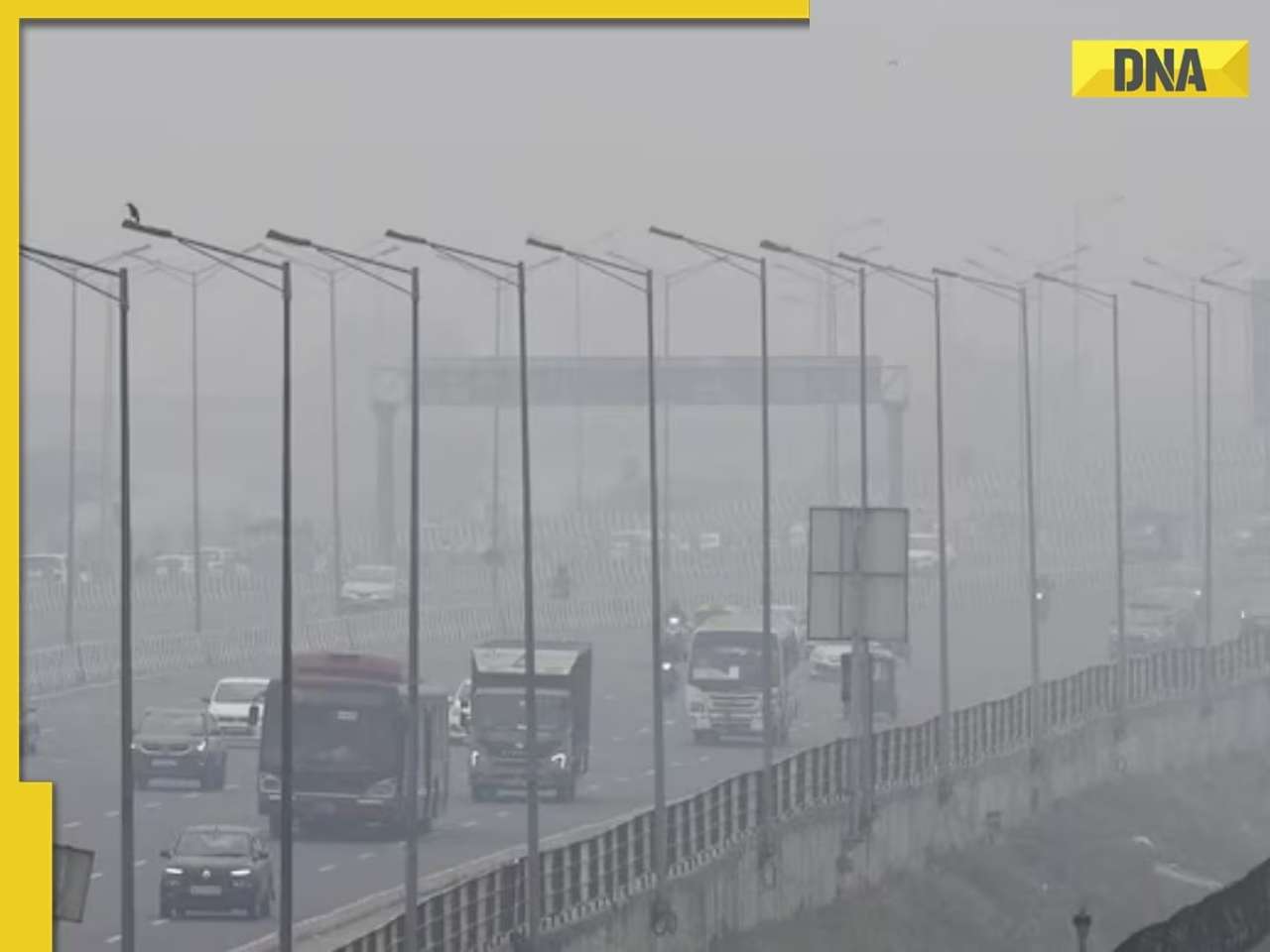




)
)
)
)
)
)
)
)
)
)
)
)
)
)
)
)







